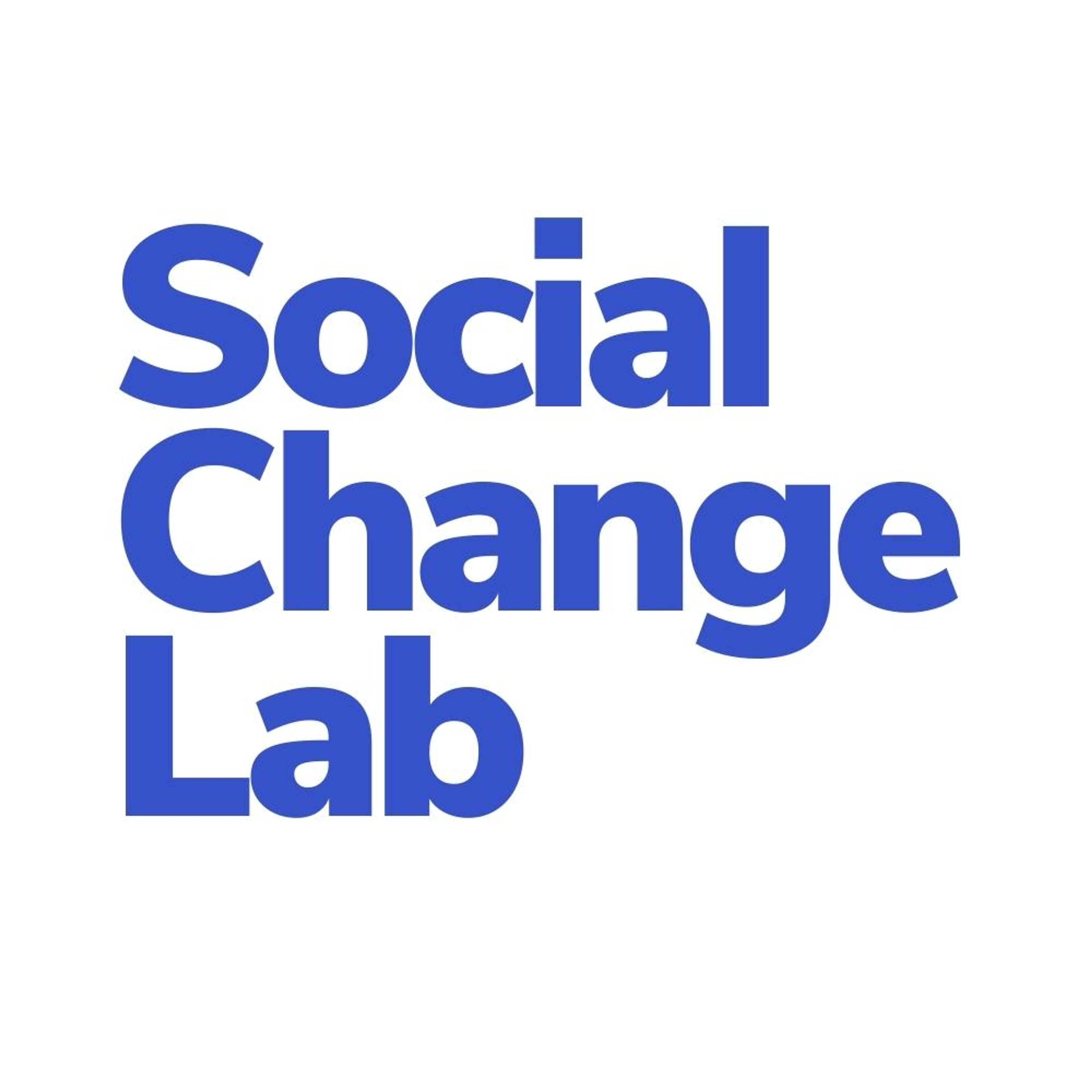
Social Change Lab
Social Movement Research
Social Change Lab seeks to maximise the impact of social movements by conducting research on the best ways to accelerate positive social change.

What problem is Social Change Lab working on?
Social movements have historically been crucial drivers of social change, yet little research and funding goes into understanding which strategies and tactics are most effective. Social Change Lab is dedicated to studying the impact of social movements on public opinion, public discourse, and policy.
Social Change Lab’s work revolves around three key themes:
- Tactics: How do different protest strategies and tactics affect the likelihood of success?
- Resources: What resources do protest movements need to be effective and how can they best access them?
- Organisation: How do different ways of organising affect outcomes?
What does Social Change Lab do?
Social Change Lab produces research reports and runs workshops and trainings that provide actionable insights to help movements and funders be more effective.
It seeks to inform advocates, decision-makers, and philanthropists on the best ways to accelerate positive social change across a range of cause areas, including animal advocacy efforts, climate change, and building the effective altruism movement.
It is also exploring whether lessons from social movement research could be applied to reducing existential risks.
What information does Giving What We Can have about the cost-effectiveness of the Social Change Lab?1.
We don't currently have further information about the cost-effectiveness of Social Change Lab beyond it doing work in a high-impact cause area and taking a reasonably promising approach.
At Giving What We Can, we focus on the effectiveness of an organisation's work -- what the organisation is actually doing and whether their programs are making a big difference. Some others in the charity recommendation space focus instead on the ratio of admin costs to program spending, part of what we’ve termed the “overhead myth.” See why overhead isn’t the full story and learn more about our approach to charity evaluation.